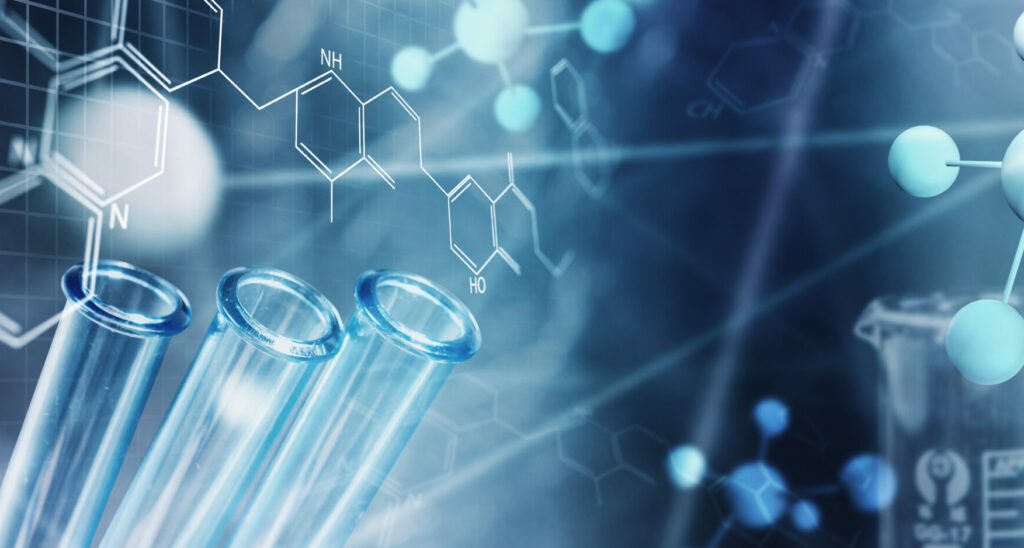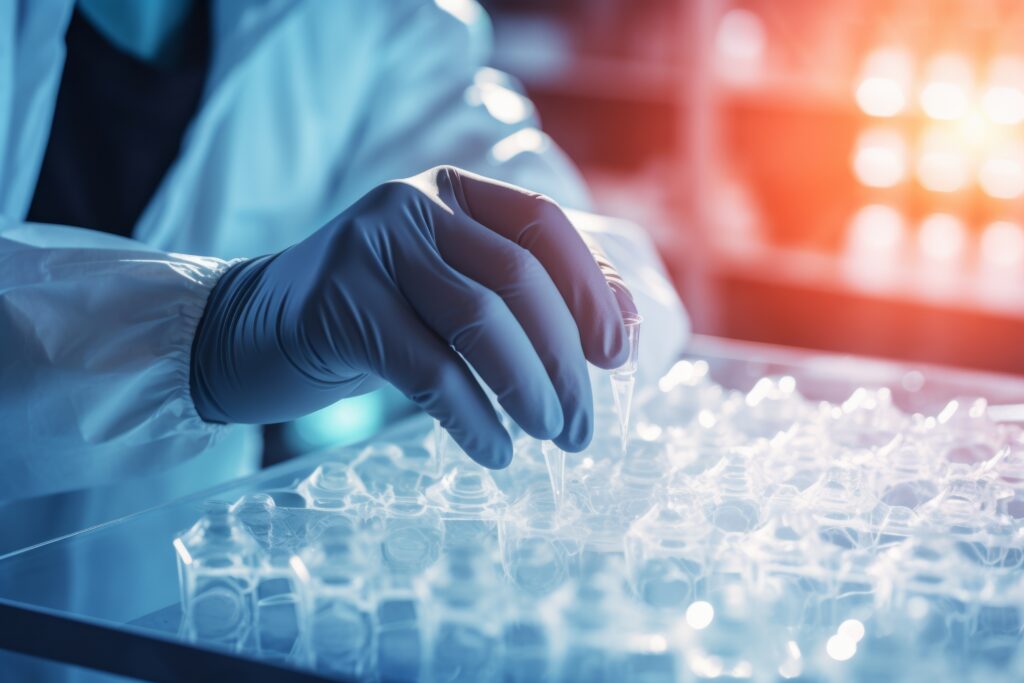By definition, cardiovascular diseases affect the heart and blood vessels. For this reason, the hemocompatibility (blood compatibility) of materials is a major issue in the design of medical devices, particularly artificial hearts.
Medical devices in contact with human blood can lead to problems such as hemorrhaging, blood clot formation and thromboembolic complications. Infections can also occur, potentially leading to device failure.


PROCOPE Medicals is developing a hemocompatible and hemodynamic artificial heart: both the shape and the surface of the ventricles in which the blood circulates will be turbulence-free to prevent blood stagnation and clot formation. The two ventricular chambers of the PROCOPE heart will each be separated by a flexible, hemocompatible, leak-proof membrane. One surface of the membrane will be in contact with the blood, made of a material that preserves the full integrity of the blood cells, while the other will be in contact with the compressible fluid. Our cardiac rhythm, broken down into systole and diastole, is thus imitated by these membranes.
To bring this project to fruition, our research collaboration with the BMBI laboratories at UTC, Oniris and EFS (Etablissement Français du Sang) in Nantes, and the scientific thesis work being carried out by Alba, our biomaterials engineer, are enabling us to accelerate comparative studies of the mechanical and hemocompatibility properties of different types of membrane for our total artificial heart.
The results of these studies will lead to the pre-clinical in-vivo trials phase, scheduled for 2024.

